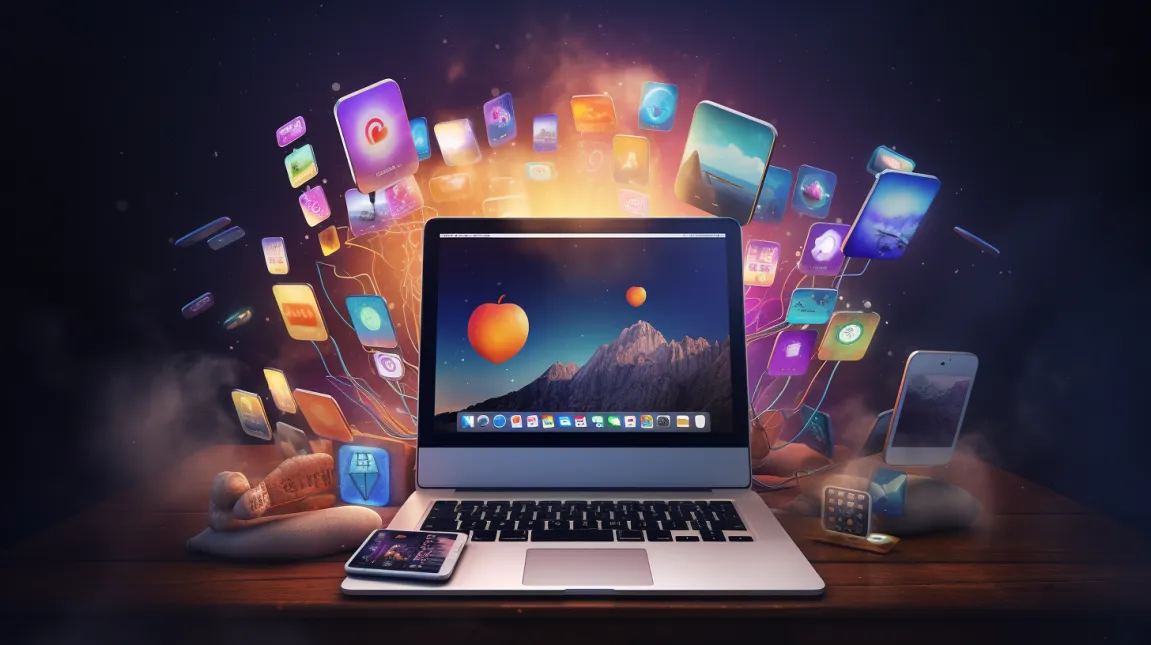Table of Contents
OpenAI, the research organization behind the popular ChatGPT chatbot, has announced the launch of the GPT Store, a platform where users can find and share custom versions of ChatGPT that are tailored for specific purposes.
How to access the GPT Store
The GPT Store is a new tab in the ChatGPT client on the web, and it features a variety of GPTs developed by OpenAI’s partners and the wider developer community. Users can browse popular and trending GPTs on the community leaderboard, which is organized into categories like lifestyle, writing, research, programming, and education.
To access the GPT Store, users must have one of OpenAI’s premium ChatGPT plans — ChatGPT Plus, ChatGPT Enterprise, or the newly launched ChatGPT Team.
Some of the GPTs available at launch include:
- A trail recommender from AllTrails that helps users find personalized hiking trails based on their preferences and location.
- A code tutor from Khan Academy teaches users how to code in various languages and frameworks.
- A content designer from Canva who helps users create stunning graphics for social media posts, presentations, or websites.
- A book recommender from Books that suggests books based on the user’s reading history and interests.
All these GPTs are free to use for now
Building GPTs is easy and does not require any coding skills. Users can simply type what they want their GPT to do in plain language and OpenAI’s GPT-building tool, GPT Builder, will try to create an AI-powered custom chatbot that can perform those tasks.
For example, a user can ask their GPT to:
- Search and synthesize results from 200M academic papers with Consensus
- Expand their coding skills with Khan Academy’s Code Tutor
- Design presentations or social posts with Canva
- Find their next read with Books
- Learn math and science anytime, anywhere with the CK-12 Flexi AI tutor
To list their GPTs in the store, developers have to verify their user profiles and submit their GPTs to OpenAI’s new review system — which involves both human and automated review — to ensure they comply with OpenAI’s terms of use. (Users can also report any inappropriate or harmful GPTs that slip through the cracks.)
OpenAI has not disclosed how much it pays its reviewers or whether they have access to mental health resources. The company did not respond to requests for comment as of publication time; it will update this post if it does.
At launch, developers will not be able to charge for their GPTs. But OpenAI plans to launch a “GPT builder revenue program” sometime in Q1 20241, with U.S. builders earning income based on “user engagement” with their GPTs2. OpenAI says it will provide more details on the criteria for payments at a later date.

The GPT Store was first announced last year during OpenAI’s first annual developer conference, DevDay, but was delayed in December — likely due to the leadership change that occurred in November, just after the initial announcement. (The short version of the story is: CEO Sam Altman was forced out by OpenAI’s board of directors and then — after investors and employees panicked — brought back on with a new board in place.)
The launch of the GPT Store marks a significant milestone for generative AI app creation — at least for apps that use OpenAI’s family of models. Some experts believe that this could threaten consultancies whose business models rely on building what are essentially customized versions of ChatGPT for customers. That’s not necessarily a good thing… but we’ll have to wait and see how it all plays out.
What are the benefits of using a custom chatbot?
Using a custom chatbot can have many benefits for your business, such as:
- Generating leads: A custom chatbot can capture the information of your website visitors and qualify them before sending them to your sales team or service agents. This can help you increase your conversion rate optimization and grow your customer base.
- Providing personalized support: A custom chatbot can tailor its responses and suggestions based on the user’s preferences, behavior, and context. This can help you improve customer satisfaction and loyalty.
- Saving time and money: A custom chatbot can automate repetitive tasks and handle multiple queries at once. This can help you reduce operational costs and free up your human resources for more complex issues.
These are just some of the benefits of using a custom chatbot for your business.